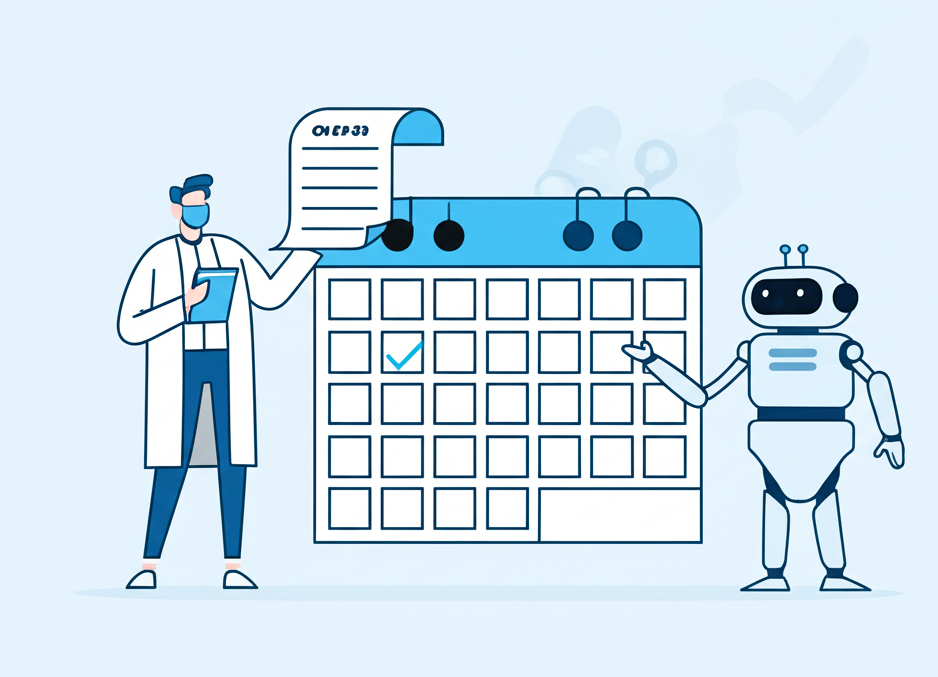

Is running a dental clinic only about treating teeth? Well! The answer is no.
Our dental professionals keep on juggling between managing patient flow, scheduling appointments, billing, insurance claims and delivering top-quality oral care to their patients. Hence dentistry is going digital, and AI in dentistry has the potential to completely reshape the way clinics operate.
AI in Dentistry can ease out the admin tasks like, automating clinical workflows and streamlining scheduling and managing appointments, which are crucial parts of a flourishing dental practice.
In the following article, we will explore how AI in dentistry is revolutionizing appointment scheduling and creating an automated workflow that enhances efficiency and patient care.
Let’s see how it impacts your clinical practice.
Traditional scheduling in dental clinics often relies on manual methods , phone calls, paper registers, or basic calendar tools.
But these methods can become messy, confusing, overwhelming and are also prone to human error.
Let’s have a look what are the major issues with traditional practices -
Missed appointments, sudden cancellations, and packed schedules not only cause stress—they also affect your clinic’s revenue, slowing down daily operations, and may leave your patients unsatisfied.
Patient no-shows (i.e. When patients miss their scheduled appointments without prior notice)—remains a major challenge in the healthcare system.
With no-show rates soaring as high as 80% in some cases, dental practices face serious challenges in maintaining smooth care delivery.
Artificial intelligence has tremendous potential to rectify this problem.
Let’s have a look at how AI in dentistry is changing the scene.
AI software, backed by machine learning, are trained in analysing large data sets, recognise the patterns and help in scheduling appointments. Automated patient scheduling systems allow patients to book appointments anytime , without needing to call the clinic.
This eliminates the need for manual confirmation, and reduces chances of human error while ensuring a seamless booking experience for patients.
Leveraging the potential of Machine Learning, AI can analyse past booking patterns, booking cancellations, no shows (which is a major problem) helps in predicting which patients are more likely to forget or miss their appointments, and therefore can send a personalized reminder to them.
It can also predict peak hours and high demand days which is helpful to both patient and practitioner.
These data provide insights that help you manage your resources wisely and reduce last-minute chaos.
With the advancement in Natural Language Processing [NLP], the AI chatbots are acting as front desk admins.
They can -
As these bots operate 24/7 and can communicate in multiple languages, they help in providing support to both local and international patients without any geographical and language constraints.
They learn from each interaction, which makes them more accurate and helpful over time.
It reduces pressure on administrative staff and ensures patients are attended without delay.
One of the leading factors behind no-shows is patients forgetting their scheduled visits.AI solves this problem in a smart way by sending timely reminders about their upcoming appointments.
AI, by analysing the history of a patient and his treatment plan can send customized reminders regarding their follow ups (e.g., routine cleanings every 6 months, or routine dental checkups) via SMS or emails based on patient preferences.
When patients receive such personalized reminders, they feel genuinely cared for , boosting trust and loyalty in your dental practice.
Let’s break down what adopting AI in dentistry means for your practice:
Automated scheduling and reminders mean fewer no-shows, better management of your daily workflow.
By taking over the admin tasks, AI frees up your team and allows them to focus more on patient care rather than paperwork and phone calls.
Fewer missed appointments and optimized schedules lead to higher patient turnover and increased income.
In today’s fast paced world, where everything has come down to a click, online bookings, real-time support, and well managed appointments gives an easy hassle- free experience increases trust and loyalty among patients.
However, the future lies in more dynamic, patient-friendly solutions like, scanO which offers mobile apps that empower patients to perform AI-powered self-scans, and receive diagnostic reports instantly, and can even book appointments via WhatsApp — making access to oral care faster & easier.
AI-based scheduling tools often integrate with your existing automated clinical workflows — including billing, insurance processing, and treatment planning. This creates a connected ecosystem that improves efficiency at every level.
For example, scanO Engage is an AI-powered, clinic management platform that streamlines scheduling, maintains patient records, and automates reminders and follow-ups.
Other software such as DENTRIX, the first dental management software launched in 1989, was designed to streamline the admin work in the clinic.
There are more such players in this field like EAGLESOFT, CURVE DENTAL and OPEN DENTAL which makes clinic management and appointment scheduling hassle free.
As these AI software runs on Machine Learning and Deep Learning, they continuously learn from datasets like patient’s past medical history, dental radiographs, intraoral and extraoral scans and helps in providing diagnosis, predicting disease progressions and formulating suitable treatment plans.
By analysing patient data such as periodontal measurements, radiographs, and clinical findings, AI models can predict the risk of disease recurrence and suggest suitable treatment options.
Diagnostic tools like scanO air helps in contactless scan, generates AI- backed diagnostic reports, helps patients in understanding their dental condition, which helps in easy communication between dentist & patient, and gives easy understanding of treatment plans to the patient, saving time for both.
Although, it’s important to understand that this software is not the replacement of dentists, but can act as a smart assistant and help in efficient care delivery.
scanO is an AI ecosystem transforming oral health for patients, dentists, corporates, and insurers worldwide

© 2025 Trismus Healthcare Technologies Pvt Ltd